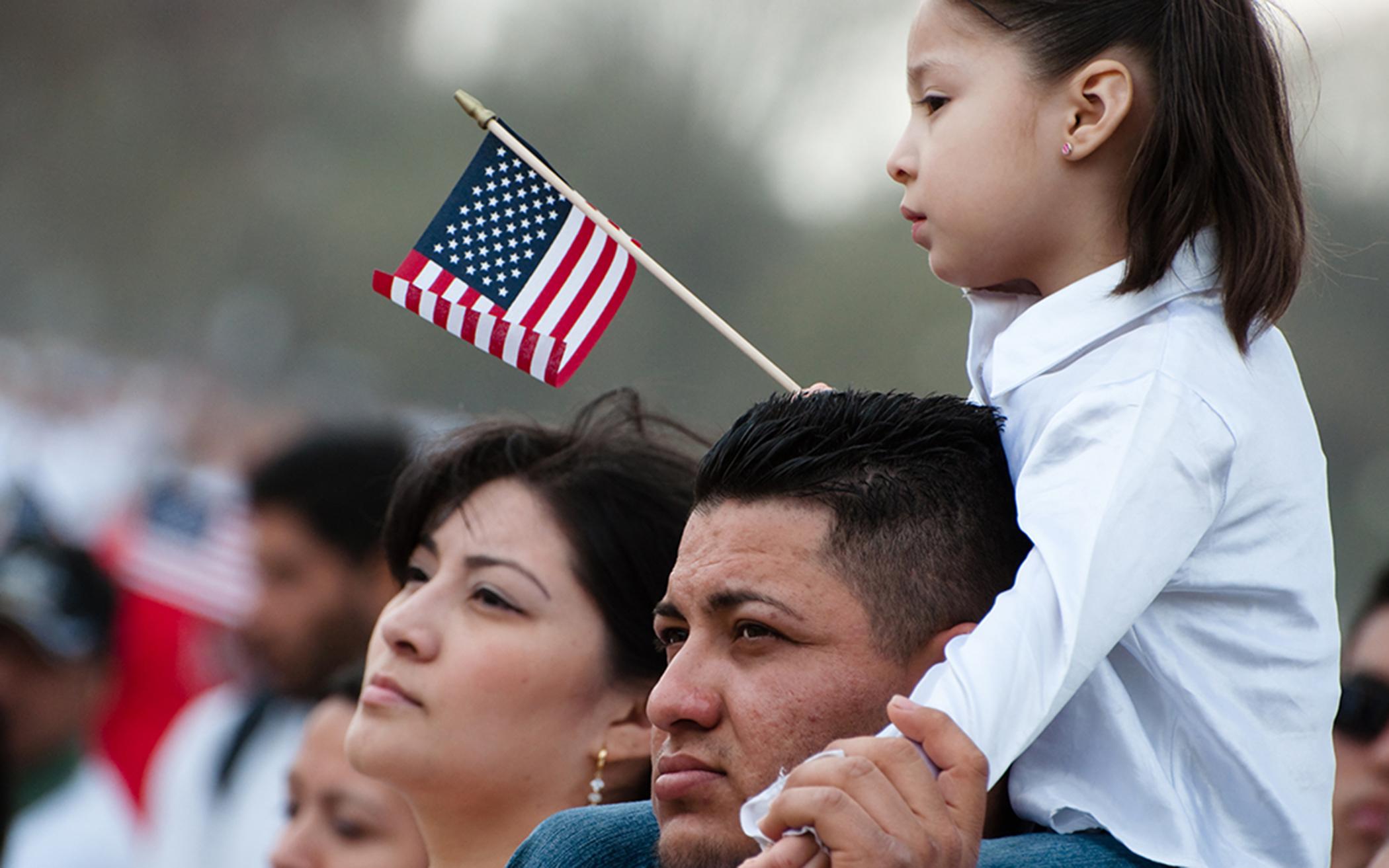A group of Christian leaders, including Christian Reformed Church executive director Steven Timmermans, recently signed a statement by the Evangelical Immigration Table calling for an “approach to immigration policy (that) is driven by biblical principles.”
The Evangelical Call for Restitution-Based Immigration Reform, made public by way of a press release Nov. 6, asks the U.S. government to act in ways guided by five principles, including support for “a process of restitution (not amnesty) where violation of law is admitted to and significant fines/penalties are paid by immigrants (in installments over a period of seven years) who came illegally …” and recognition that “immigrants who were brought to the U.S. unlawfully or overstayed a visa as children (Dreamers) would go through a process where they can get onto a pathway to Legal Permanent Residency if qualifications are met.”
All five principles attempt to guide elected officials toward a solution between what are often seen as two extremes: mass deportation or wholesale amnesty. “We must develop a solution that fits the problem we have, solves it by upholding the rule of law, creates a process of restitution, and gives the possibility of integration so immigrants can fully participate in American life,” the letter says.
Timmermans is one of ten denominational leaders to sign the statement. Others include Russell Moore of the Southern Baptist Convention and Eddy Aleman, general secretary of the Reformed Church in America.
Staff in the CRC’s Office of Social Justice had recommended the endorsement after seeing the invitation from the Evangelical Immigration Table this summer, noting that the request from EIT “aligned well with recommendations that synod adopted in 2010,” said Kris Van Engen, Congregational Justice Mobilizer for the Office of Social Justice and World Renew.
Those recommendations, arising from a report by the “Committee to Study the Migration of Workers,” included prioritizing “advocacy strategies that will lead to immigration reform and the enactment of fair, just, and equitable laws regarding those without status in Canada and the United States.” (See Acts of Synod 2010, p. 878.)
Synod 2010 also encouraged “local churches to educate their membership about the socioeconomic, political, and security issues facing immigrants and newcomers, and equip them to respond in love and concern to the people groups that God is bringing into our nations.” (See Acts of Synod 2010, p. 877.)
Van Engen said, “Conversations about immigration reform happening at the church level are really healthy for our denomination.” He said, “opportunities to hear and learn about the challenges that people face as they are attempting to immigrate to the United States,” such as highlighted in the OSJ’s Church Between Borders workshop, help people to recognize “how difficult it is to immigrate legally.”
About the Author
Alissa Vernon is the news editor for The Banner.

